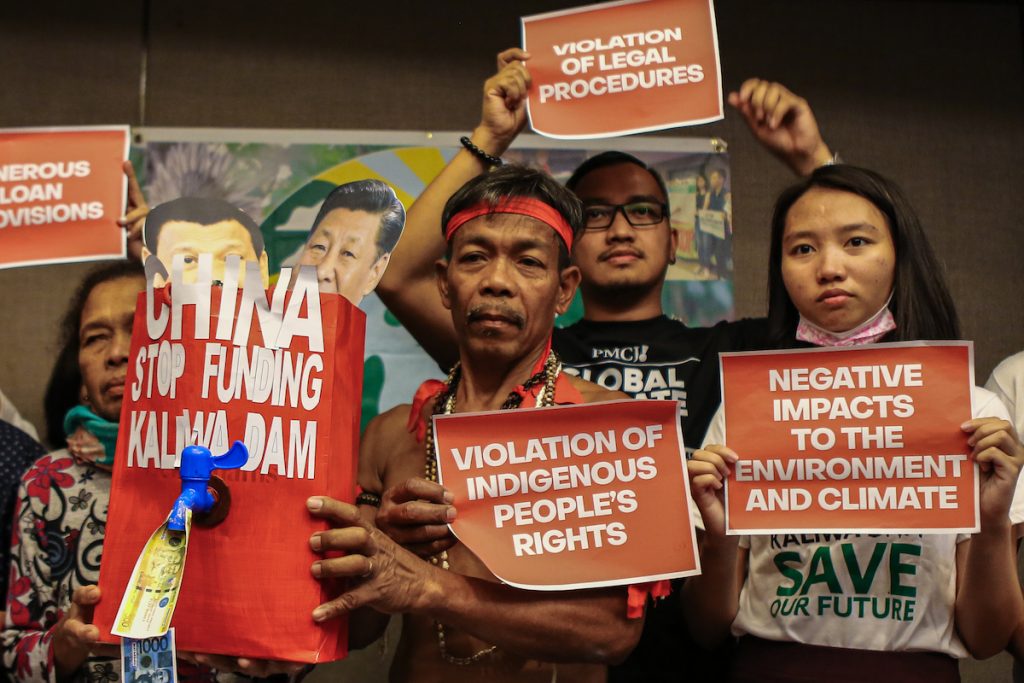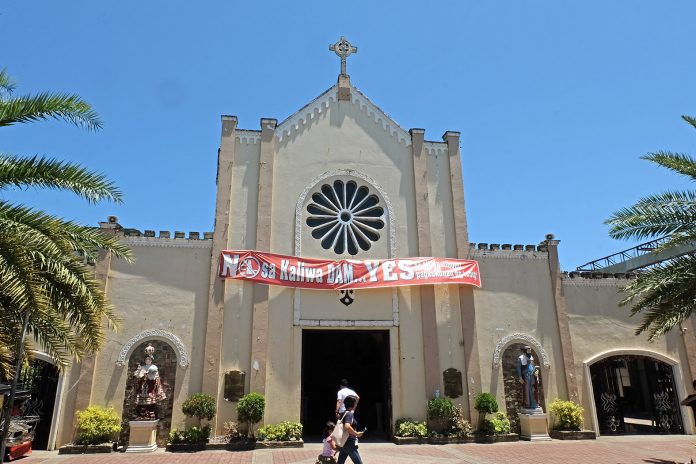The National Laudato Si Program of the Catholic Bishops’ Conference of the Philippines welcomed the decision of a Lower House panel on Wednesday to stop a dam project inside the ancestral domain of the Dumagat tribe.
The program “lauds the move … to issue a cease and desist resolution against the proponents of the New Centennial Water Source Kaliwa Dam project.”
On June 9, the Committee on Indigenous Cultural Communities and Indigenous Peoples ordered the Metropolitan Waterworks and Sewerage System and the contractor of the project to cease initiating any construction works on the proposed dam.
The House committee noted that the proponents of the dam project failed to secure “free, prior, and informed consent (FPIC)” from the Dumagat communities that are reportedly threatened to be displaced because of the project.
In a statement, Bishop Jose Colin Bagaforo, chairperson of the Episcopal Commission on Social Action, Justice, and Peace, reaffirmed the stand of the Catholic hierarchy that the mega-dam project “is against inclusive development.”
The prelate clarified that the Catholic Church is “not against development as long as it does not sacrifice the common good in the name of progress.”
“The indigenous people, the community, and the environment should not be sacrificed on the altar of development aggression that would only benefit the interest of big businesses,” said the bishop who also heads the National Laudato Si Program.
Bishop Bagaforo said the state “must respect the indigenous people as the guardians of the country’s remaining biodiversity and who have all the right to protect their ancestral territories.”
He called on the national government to prioritize ecologically sustainable projects and “put an end to all programs that would severely damage the environment and affect the lives of the people.”

The Kaliwa Dam project, proposed by the government in 2012, is one of several bulk water supply projects on the upper portion of the Kaliwa River watershed.
A US$235.9 million loan from China will underwrite the project.
The proposed dam is part of the “New Centennial Water Source” program, which aims to ease persistent water shortage woes for Metro Manila’s nearly 13 million residents.
The dam project reportedly threatens to displace at least 11,000 families living across the 28,000 hectares of land, not including those living in more established towns.
It will also submerge almost 300 hectares of forest ecosystems, threatening 126 endemics, and endangered species of plants and wildlife.









